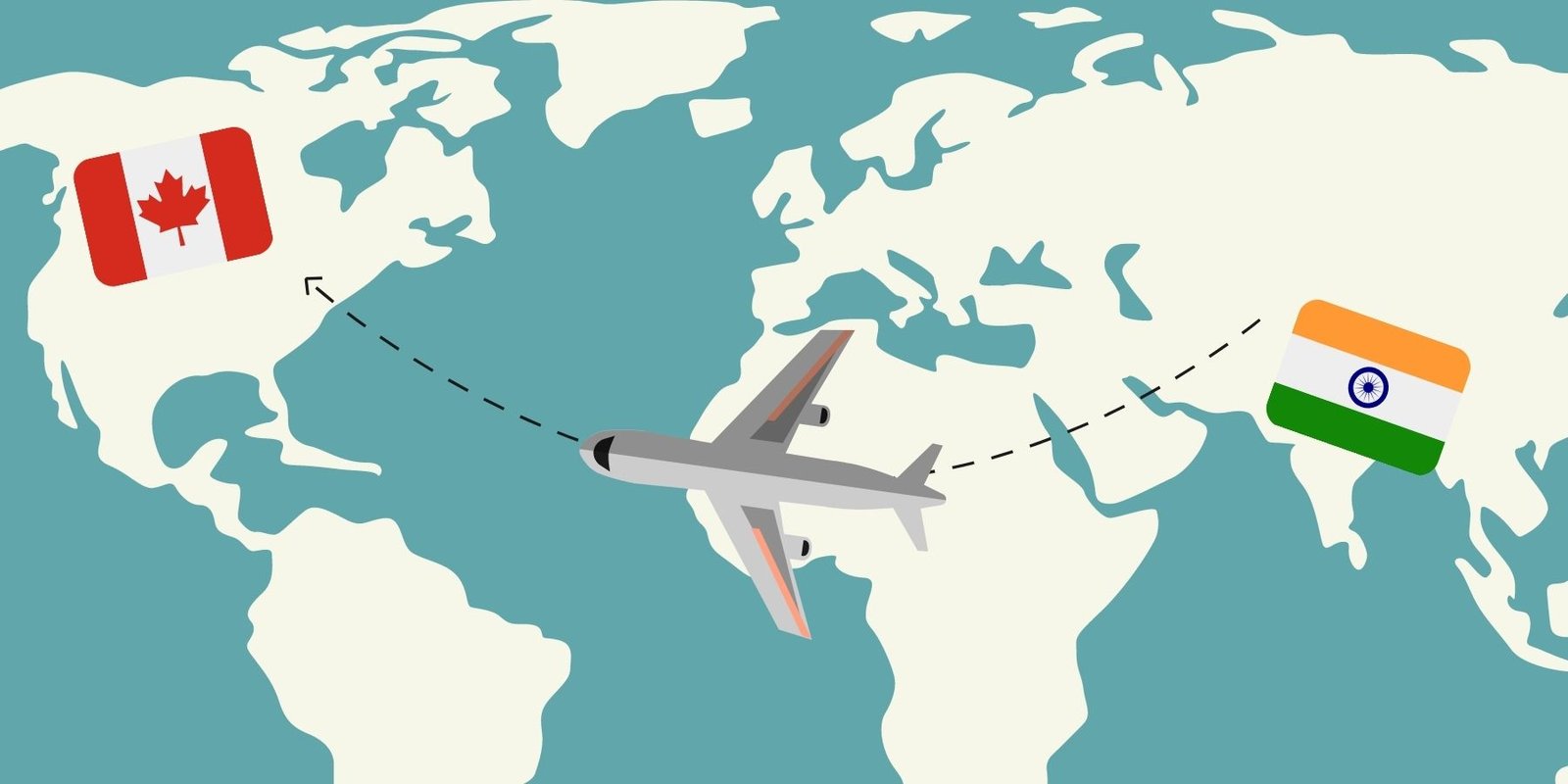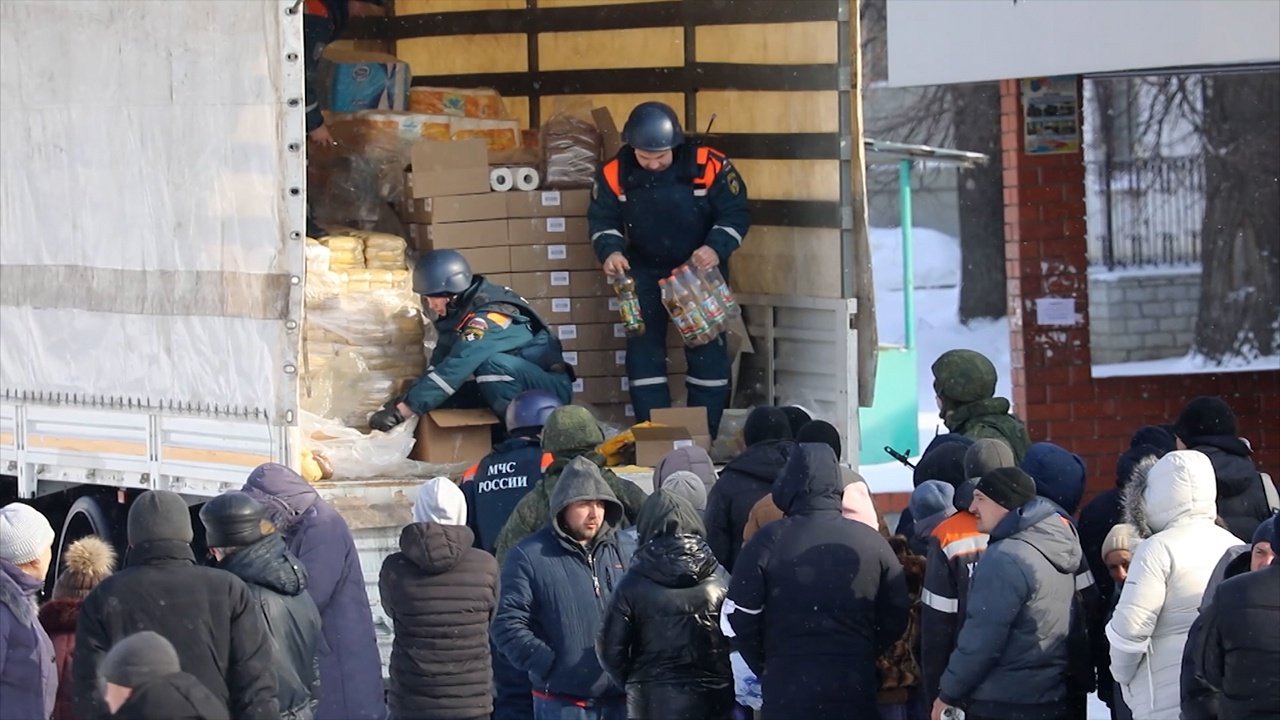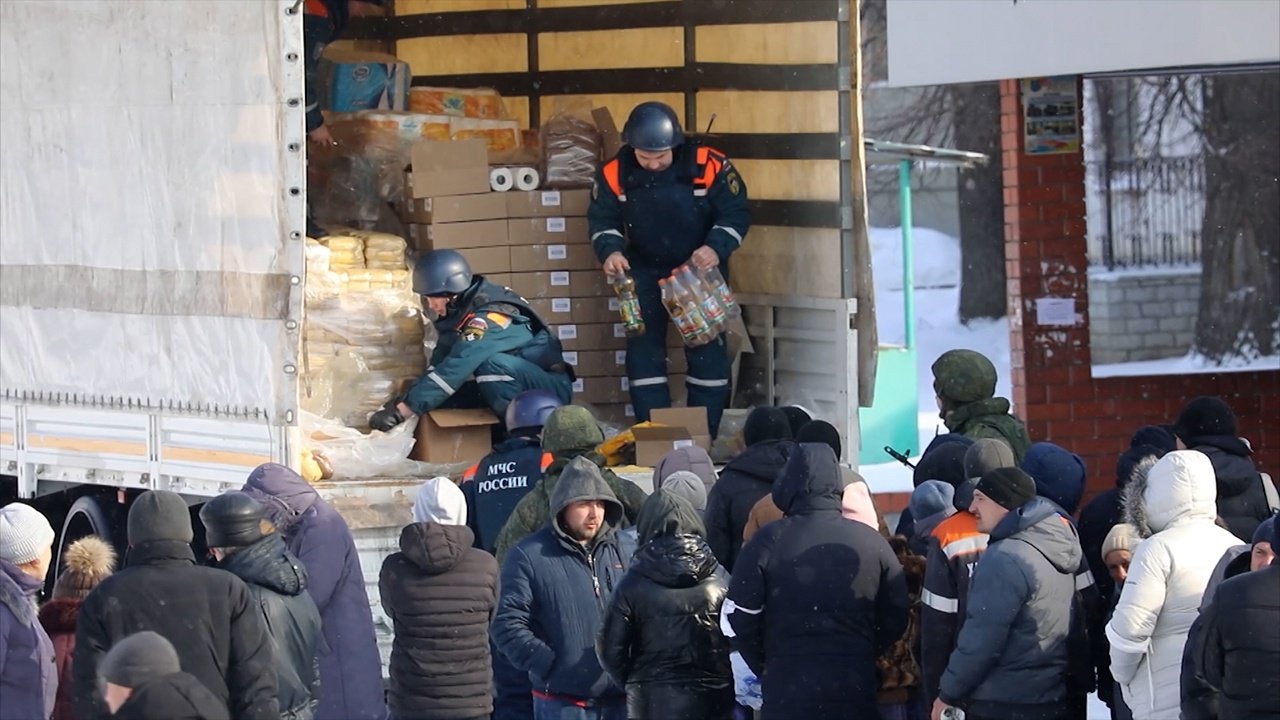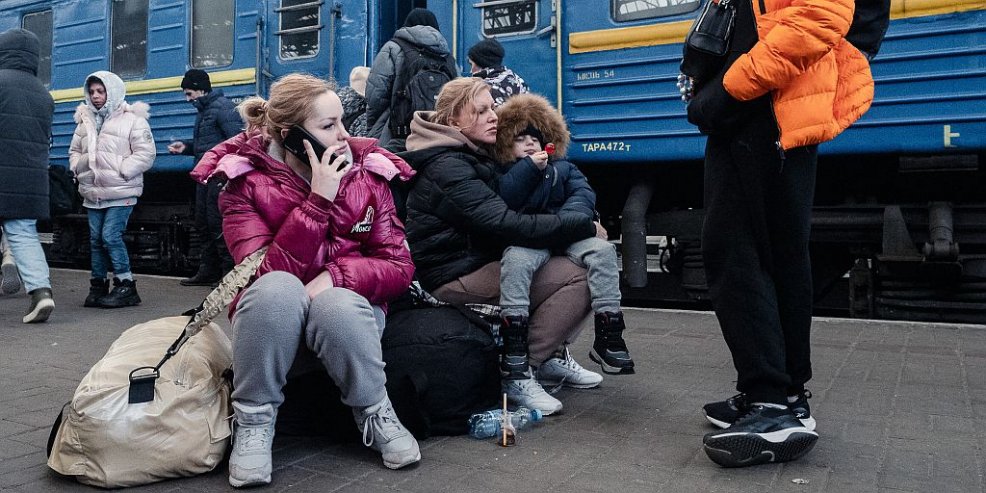Nearly two months after the government of Canada announced it was investigating accusations that Canadian drone technology was used in a war between Azerbaijan and Armenia, questions are mounting about how exactly Ottawa allowed this equipment to be exported in the first place.
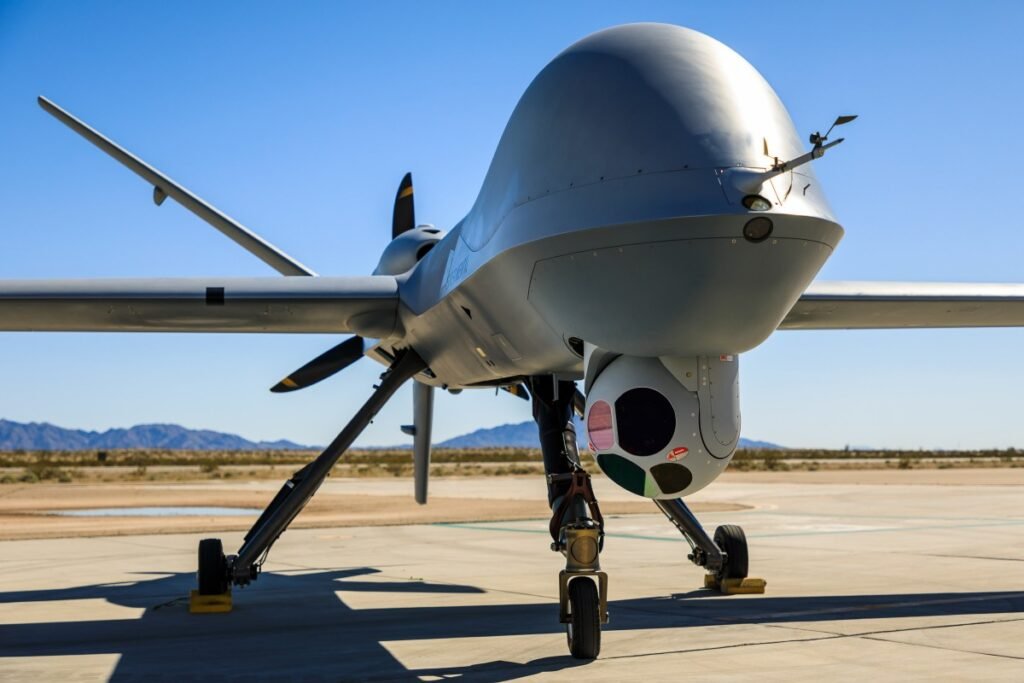
The six-week conflict in the Caucasus region over the disputed territory of Nagorno-Karabakh led to significant casualties on both sides and the displacement of tens of thousands of people, significantly altering the geopolitical balance of the region in the process. It ended with the defeat of the Armenian side, which lost a significant portion of territory, due in no small part to a devastating series of Azerbaijani strikes using drones equipped with technology made in Ontario by a company called L3Harris Wescam.
Turkey was an ally to Azerbaijan during the war, which began in late September. In October 2019 Canada suspended new export permits for controlled arms to Turkey, including electro-optical technology used on drones and other platforms. However, an exemption was created that rolled back parts of this suspension in April, the same month Trudeau reportedly discussed the issue in a phone call with Turkey’s president. Within a month of the exemption, the government approved export permits for L3Harris Wescam surveillance and targeting systems, which are used on drones to guide attacks, with at least seven then exported to Turkey, according to reporting by Steven Chase of the Globe and Mail.
Related Article Armenia-Azerbaijan Is Not A War For A Piece Of Land, But A War For Existence of Armenian
Azerbaijan announced its plan to acquire Turkish-made Bayraktar TB2 model drones around this same time. L3Harris Wescam’s MX-15 systems are allegedly equipped onto TB2s and used by the Azerbaijanis to spot targets and to guide missiles — including using their proprietary Canadian thermal imaging to pinpoint and kill troops even while they attempt to seek cover. In October Armenia’s prime minister alleged that his forces had recovered a Canadian L3Harris Wescam system from a downed TB2 drone involved in the conflict and that this unit was manufactured in Canada in June this year, after the export exemption was created.
Bayraktar TB2 drones are produced by a company called Baykar Defence. This firm is closely linked to the Turkish president’s son-in-law, Selçuk Bayraktar, who is their chief technology officer and seen in the country as the “godfather” not just of the eponymous Bayraktar TB2 but also the country’s drone program.

These donations have even been raised in Parliament in the past, with an MP calling him “a lobbyist who has donated thousands of dollars to the Liberal Party” with “a phenomenal record” of obtaining grants for his clients in the defence and tech sector.
Federal lobbying records indicate that prior to the exemption, a lobbyist hired by Baykar named Ken Mackay met in February with Philip Jennings, a senior official in the Privy Council Office (PCO) serving as a deputy secretary to the cabinet, in order to discuss “policies related to Canada’s export of military goods to Turkey.” Jennings reports directly to the PCO clerk, Canada’s most senior civil servant, and regularly attends cabinet meetings.
Any exemption to the export suspension prohibiting the transfer of Canadian drone technology to Turkey would likely have been discussed by cabinet and ultimately required the approval of the minister of foreign affairs.
Related Article Turkey And Pakistan Sending Terrorists to Azerbaijan to Fight Armenia
Arms lobbyist and Liberal donor
In October Ricochet emailed Jennings and two other staff in his office to inquire about the nature of the discussion with the Turkish drone manufacturer, but did not receive a reply. In response to an Access to Information request, the PCO claimed it had no emails, memos, or any other records related to communications with lobbyists from Baykar or any L3Harris Wescam representatives.
Ricochet subsequently shared a copy of an official disclosure of the meeting made under the Lobbying Act and cited a second source, inquiring whether the government was accusing the drone maker of filing a false report.
In a statement in response, PCO spokesperson Pierre-Alain Bujold confirmed that the lobbyist for Baykar contacted the government on Feb. 5 and a meeting with the deputy secretary to the cabinet did occur a few days later, on Feb. 12. The PCO characterized the meeting as “a high-level verbal briefing of the company’s issues” that lasted approximately 10 minutes. While it had previously claimed it held “no relevant records pertaining to it,” the PCO vowed to restart a search for documents. No timeline for the disclosure of these records was provided.
Representing L3Harris in this lobby effort was Bruce Hartley, a long-time advisor to former Liberal prime minister Jean Chrétien who also serves as a spokesperson for the Chrétien family.
Mackay’s LinkedIn profile lists a who’s who of arms industry players among his past clients, as well as his involvement with the Canadian Association of Defence and Security Industries (CADSI), an industry group representing the arms sector. Elections Canada records also show someone named Ken Mackay — listing an address and postal code matching that of the lobbying registration — has been a frequent donor to the Liberal Party of Canada. These donations have even been raised in Parliament in the past, with an MP calling him “a lobbyist who has donated thousands of dollars to the Liberal Party” with “a phenomenal record” of obtaining grants for his clients in the defence and tech sector.
Most curious, though, is that while the lobbyist registration states that Mackay was hired by Baykar Defence, the official client representative for the file is registered as “Paul Jennison, Vice President, Business Development.”
While no other links between Jennison and the Turkish drone maker were readily found, Jennison has held the same position at L3Harris Wescam and can even be seen promoting their drone tech in multiple publicly available interviews on their behalf. Mackay also listed Jennison as his contact for L3Harris on numerous occasions when he lobbied directly for the firm between 2005 and 2017, according to federal records.
L3Harris Wescam did not return phone calls asking about Jennison. Mackay was reached by phone but declined to comment on his relationship with Baykar and L3Harris Wescam, stating he does not talk to the media.
Suggested Read : Bravado Doesn’t Win War – A Lesson From Armenia’s Capitulation
More lobbying, and an arms industry group
Federal lobbying regulations also require all government funding of lobbying clients to be disclosed, including funding from foreign governments. The disclosure filed by Mackay stated that the Turkish drone maker received no government funding during the last financial year, and did not list any expectation for the current fiscal year. However, media reports and Turkish government announcements raise questions as to whether this is in fact the case.
The Office of the Commissioner of Lobbying of Canada would not comment on specific cases under investigation, but a spokesperson confirmed that registered lobbyists are required to disclose foreign government funding “no later than 15 days after the end of the month in which they received confirmation that they will obtain funding” and to certify the information in their registration. The responsibility to ensure accurate filings lies solely with the lobbyist, and given Baykar has never been shy in showcasing its close links with the Turkish government, the company may be unaware of the claim made by its lobbyist.
While the PCO told Ricochet that “there has been no follow-up communication between Mr. MacKay and Mr. Jennings” after the Feb. 12 meeting, one week later another lobbyist — this time registered for L3Harris — communicated with Olivier Duhaime, the senior special assistant to Minister of Foreign Affairs François-Philippe Champagne, regarding “Economic Development, Industry, Defence, International Trade,” according to the lobby registry.
Left unmentioned is that this aid figure is likely less than the amount Canada would have earned in corporate tax revenue from the sale of the seven high-tech drone targeting systems in question.
Representing L3Harris in this lobby effort was Bruce Hartley, a long-time advisor to former Liberal prime minister Jean Chrétien who also serves as a spokesperson for the Chrétien family. Hartley is a well-connected Ottawa lobbyist, and Elections Canada records show he has donated more than $15,000 to the Liberal Party and its riding associations since 2015. Neither Minister Champagne’s office nor Hartley responded to questions about the nature of this meeting when contacted.
A few days after Hartley’s meeting with the foreign affairs minister’s office, a representative for CADSI — the industry group for the arms sector — also held discussions with this same official. This meeting on March 3 was followed by a second meeting with Duhaime on April 17. Aside from L3Harris Wescam being a longstanding member of CADSI, the company’s president also sits on the industry group’s Board of Directors.
CADSI declined to provide details about the purpose of these meetings or any of the topics discussed. CEO Christyn Cianfarani said in a statement that “as the national voice representing Canada’s defence and security industries, the association regularly engages with its government partners to discuss a wide range of issues of importance to the members we represent,” but added that the lobby group does not advocate on behalf of individual companies.
When Ricochet followed up asking CADSI to clarify whether the group raised the issue of optical equipment or other controlled items to Turkey in general without advocating for any specific company, CADSI repeated that it “does not advocate on behalf of individual companies, their defence procurements, or their export permits.”
Multiple members of CADSI were likely affected by the suspension of new export permits prior to the exemption in April.
Suggested Read : Armenia Fought Azerbaijan and Turkey Besides 1000s of Islamist Terrorists
Government stonewalling
Interest in how the Trudeau government came to create an exemption allowing for Canadian drone technology to be exported, and ultimately deployed in combat in Nagorno-Karabakh, is not limited to the media and the outraged Armenian diaspora.
Opposition MPs are increasingly asking questions, especially given reports that in the weeks after these meetings Prime Minister Trudeau and Turkish President Recep Erdoğan specifically discussed the export permits for the technology in a phone call. Conservative Foreign Affairs Critic Michael Chong has repeatedly questioned the government in the House of Commons on how Canadian drone technology came to be involved in a war in the Caucasus region.
In responses to both media and in Parliament, the government has avoided explaining how the exemption came about, instead highlighting the suspension of export permits after the use of this technology by Azerbaijan was publicly reported. But this suspension occurred after the exemption was implemented to allow this very drone technology to be exported mere months prior.
In the wake of the scandal surrounding this and amid the devastation of the conflict, International Development Minister Karina Gould announced $350,000 in aid for people affected by the war in Nagorno-Karabakh. Left unmentioned is that this aid figure is likely less than the amount Canada would have earned in corporate tax revenue from the sale of the seven high-tech drone targeting systems in question.
“The government has not been transparent with Canadians about why, despite having an arms embargo on Turkey, they still ended up selling them Wescam sensors,” Harris said.
Related Article Turkey And Azerbaijan Committing War Crimes In Armenia And Nagorno Karabakh
When asked by Ricochet in September what relation she sees between the tax revenue from arms sales on the one hand, and the aid for conflict zones where Canadian arms are implicated on the other hand, a spokesperson for Minister Gould declined to comment. Gould represents the Burlington, Ontario, constituency where L3Harris Wescam is based.
Civil servants responsible for overseeing arms exports have also refused to discuss this exemption, repeatedly prioritizing the need to protect L3Harris Wescam’s “commercial confidentiality.”
Given this stonewalling, the House of Commons Foreign Affairs Committee recently passed a motion from NDP Foreign Affairs Critic Jack Harris ordering the government “to produce all documents, briefing notes, memorandums and emails between [Global Affairs Canada] and the Minister of Foreign Affairs’ Office, the Privy Council Office, and the Prime Minister’s Office” in relation to the Canadian drone technology used in Nagorno-Karabakh.
“The government has not been transparent with Canadians about why, despite having an arms embargo on Turkey, they still ended up selling them Wescam sensors,” Harris said in an emailed statement to Ricochet. He pointed out that parliamentary committees have extensive power to call for documents, adding, “We are hoping that the documents called for through this motion will provide us with the information we need to ascertain whether the government has met its obligations.”
The spokesperson for the PCO pledged that they would work together with Global Affairs Canada to cooperate with Parliament’s order. The deadline for delivering these documents unredacted to Parliament is the end of the year. However, it is unclear if they will be publicly released and whether Canadians will ever really learn how drone technology made in Ontario came to play such a major role in yet another deadly war.
Source: ricochet.media
Follow us at:-
Twitter Handle: @newscomworld
Instagram Handle: @newscomworld
Parler Handle: @NewsComWorld
Tooter Handle: @NewsComWorld
Subscribe our : YouTube Channel https://www.youtube.com/channel/UCnKJQ3gFsRVWpvdjnntQoAA
Like our Facebook Page https://www.facebook.com/NewsComWorld
2,231 total views





